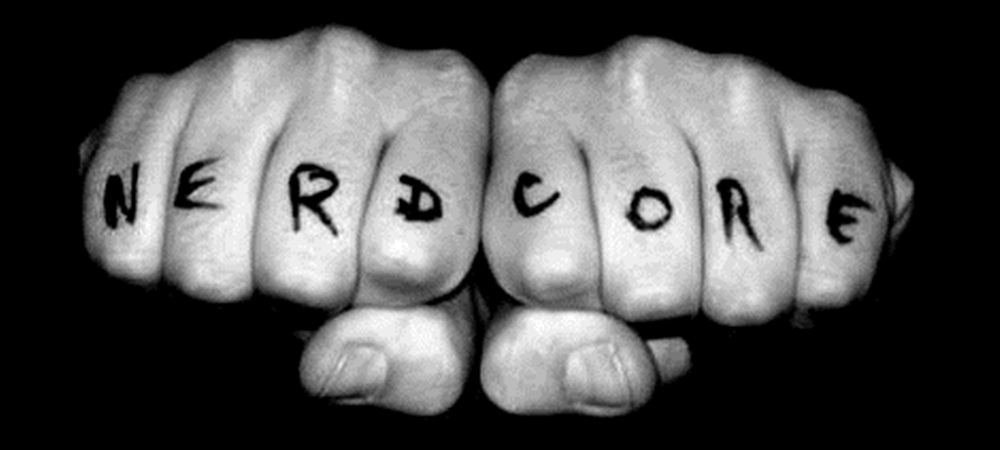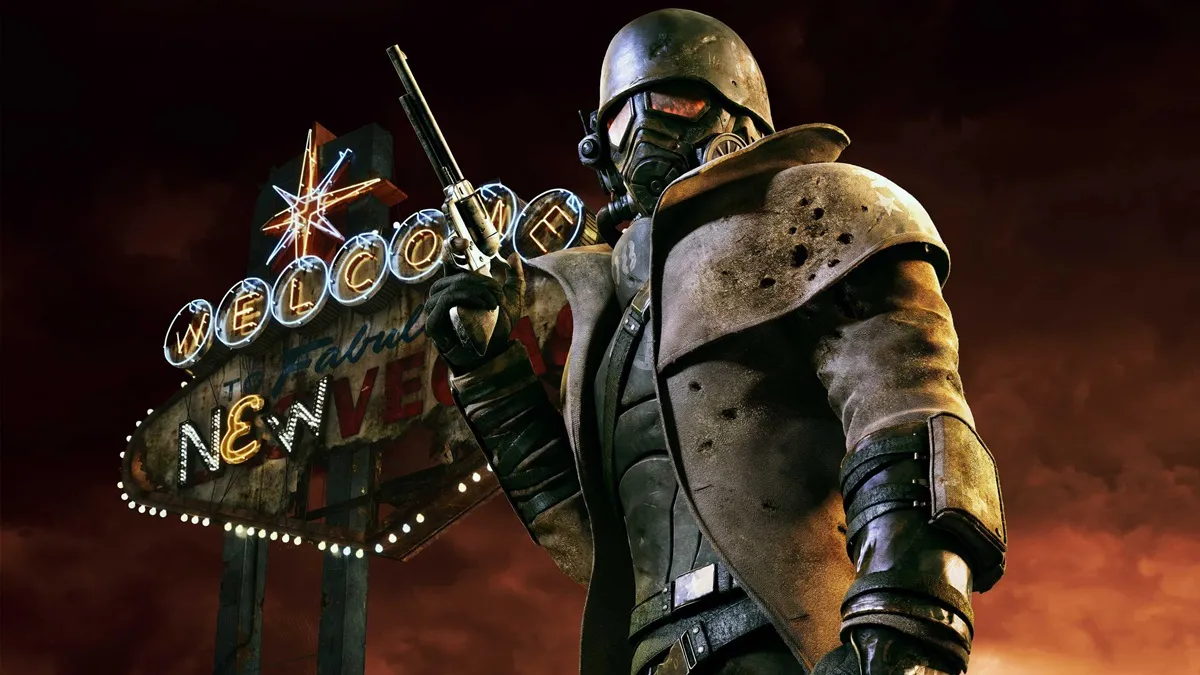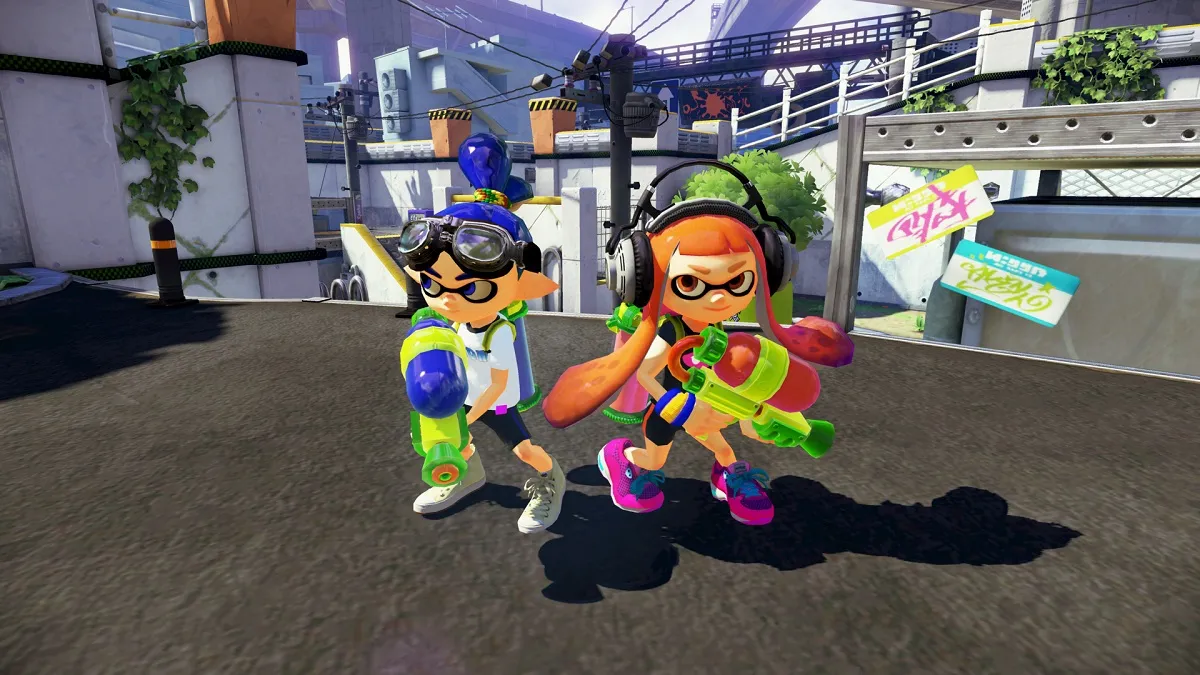Exploring the boundaries of ‘nerdom’
Following a swift completion of BioShock Infinite‘s 1999 mode last week, I was hit with a particularly potent wave of boredom. Quelling the bubbling cauldron of monotony was easy while skating through the battle-torn dystopia of Columbia. Feverishly hunting down achievements, collecting voxophones, and Bucking Bronco-ing my way to victory pacified me for a time, but that time had passed.
Upon repetition, (three play-throughs, in fact) the vibrant collective of American idealism, religious fervor, and technological prowess dreamt up in the minds of Ken Levine and the folks at Irrational Games had unfortunately been reduced to a memorized script. Like a well-oiled machine I stood front and center stage, wielding a flurry of headshots and premeditated vigors until the credits rolled. With the experience complete on every level, the post-game reality crept into consciousness. Now what do I do with myself?
Relinquishing to the siren’s call of television, a bout of channel hopping led my eyes to the Independent Film Channel, IFC. A rerun from the sketch comedy show Portlandia stretched across the brightly lit LED. Out of the numerous skits showcasing Portland’s eccentricities, a segment called Nerd PSA caught my eye. Highlighting the differences between two factions of nerdom, the satirical hilarity could not overshadow a valid and interesting theme pertinent to the gaming community.
Who qualifies as a nerd — those who align with the physical and social blemishes of the pejorative or individuals who adopt the interests and trends deemed off the beaten path? Is the term clad in negativity, a scarlet letter to be embroidered in secret on one’s soul, or has the word been reclaimed as a positive cultural symbol? I decided that it might be interesting to play the role of devil’s advocate in this debate, so without further adieu, meet Brian P. an ‘actual nerd.’
Upon absorbing the video’s thematic significance, I found myself battling with the word’s connotation, a term muddled in variable ambiguity, traveling back and forth between a pool of positivity and negativity. At first, my mental scuffle poised me against the beautiful woman and purported nerd. With a swift onslaught of jabs, I attempted to defend my legitimacy in the legion of nerds, geeks, and dweebs against her seemingly phony demeanor. “She’s so fake, God what a poser, she obviously doesn’t play videogames and she certainly isn’t a comic enthusiast, just look at her.”
The implications of my snap judgments disengage the mental blitz. I wonder if people doubt my enthusiasm in the realms of technological pursuits, gaming, and quirky hobbies because I deviate from the stereotype’s carbon copy? Although the woman in question could very well be sporting dark-framed glasses to garner a few extra cool points, metaphorically bearing the moniker of a nerd’s repertoire to appeal to trendy sentiments, a simple notice of her gender, attractiveness, or charisma is certainly not enough to remove her candidacy as an admirer of nerdy hobbies.
Exploring beyond the confines of the segment’s intended comedic purpose introduces a question about what constitutes a nerd. The term elicits a wide breadth of imagery, a slew of definitive characteristics that bleep on the radar of social unconventionality — glasses, social awkwardness, alternative dress, and unusual hobbies. Seeking to conjure a decisive definition, an outline to explore the innards of a real-deal nerd, leads to a realm obscurity. Rather than pinpointing the core of an ‘authentic model,’ social conditioning echoes caricatures in my mind’s eye, essences of Urkels, Napolean Dynamites, and Ugly Bettys. Exploring the commonalities, the conglomerate of pop-culture misfits certainly cannot encapsulate the entirety of the term … right?

Our fictional ubernerd Brian touches on the barebones definition with a laundry list of defining features; guaranteed identifiers of nerd-kind. With vigilance, he asserts that wearing glasses to see, not for fashion, watching Star Trek, playing Skyrim, and being shy are generalizible nerd monikers. Check, check, check, and check. Minus the ‘eventing’ and physical stature component, it seems like Brian and I have quite a few things in common. That is, until he drops the kicker, “A real nerd is ashamed to be called a nerd.” Wait, that doesn’t sound like me.
I don’t try to hide the fact that I’ve put over 300 hours into exploring the world of Skyrim or that I’m blind as a bat without my glasses. I can thank my mother for my love of Jean-Luc Picard, and my adoration of Batman, Storm, and Wonder Woman has gotten me through tough times. Though I sport a badge of nerdiness with great pride, I wonder if adopting a sub-cultural pattern of behavior is enough in the eyes of the masses to be knighted under the flag of nerdhood or if the term is incomplete without the negative accompaniments?
There is certainly no argument on my end that Brian is a foil to our lady nerd. Keep in mind that in the world of Portlandia, just about every reference is a hyperbole-stricken satire deviating far from the boundaries of reality. Brian and lady nerd, as I call her, represent two opposing ends of the spectrum, extremities that conveniently make a drastic contrast possible and the scene, well, funny.
While two similar people may seemingly oppose each other on intrinsic levels, it is possible to conceive that the duo can maintain an inkling of common ground. To reference my many hours playing BioShock Infinite, those two may “swim in different oceans but they land on the same shore.” Can the pair not share of love of gaming and comics, can they not embrace a common label of being a nerd?

This article does not serve to formulate a dichotomy of who is and who is not a nerd. It certainly isn’t my position to construct a partition between groups or assume that my judgment on the matter is absolute. Rather, it is my mission to welcome a discussion pertaining to a term that has gained traction in the mainstream landscape; climbing out of the dingy basement of self-denial and into the public spotlight as celebrated individuality.
To this humble writer, the title of nerd is no longer adorned with an emblem of disgrace. While some oppose this ideology, casting out all who do not adhere to the physical, social, and leisure stereotypes as inauthentic, I would argue that there is a growing trend of pride associated with the designation, the type of positivity that has the power to unite nerds from casual to hardcore, under a flag of shared admiration. I think it’s possible to be a normal, socially-robust individual while still clambering to all things quirky, original, and even ‘uncool.’
What does the social designation ‘nerd’ mean to you? In your mind, does self-identifying as a nerd make you inauthentic?




